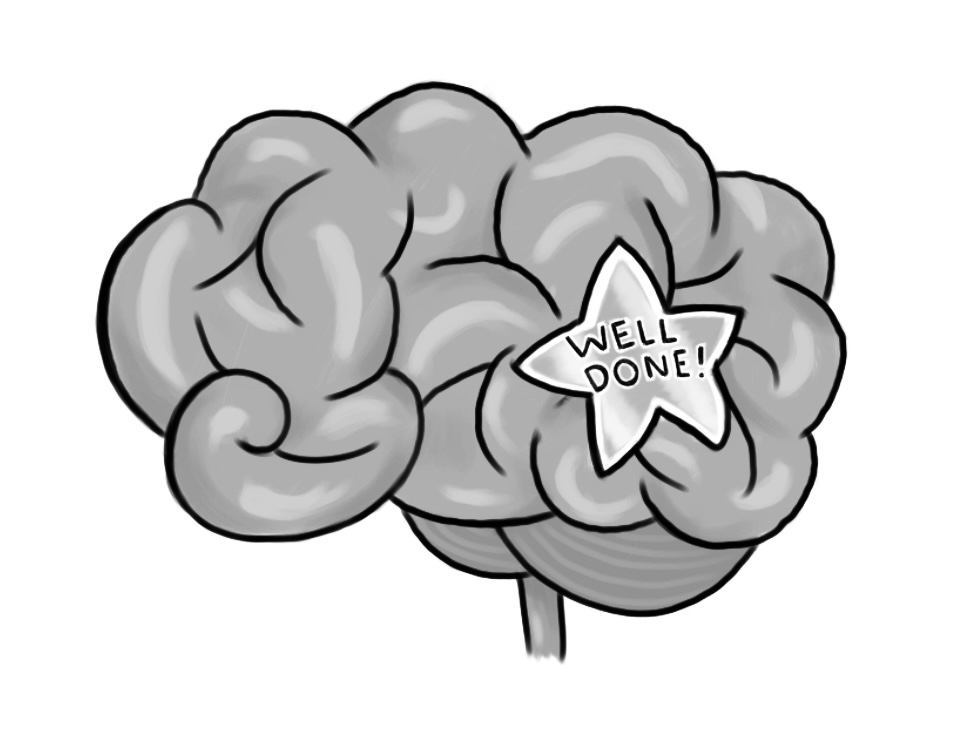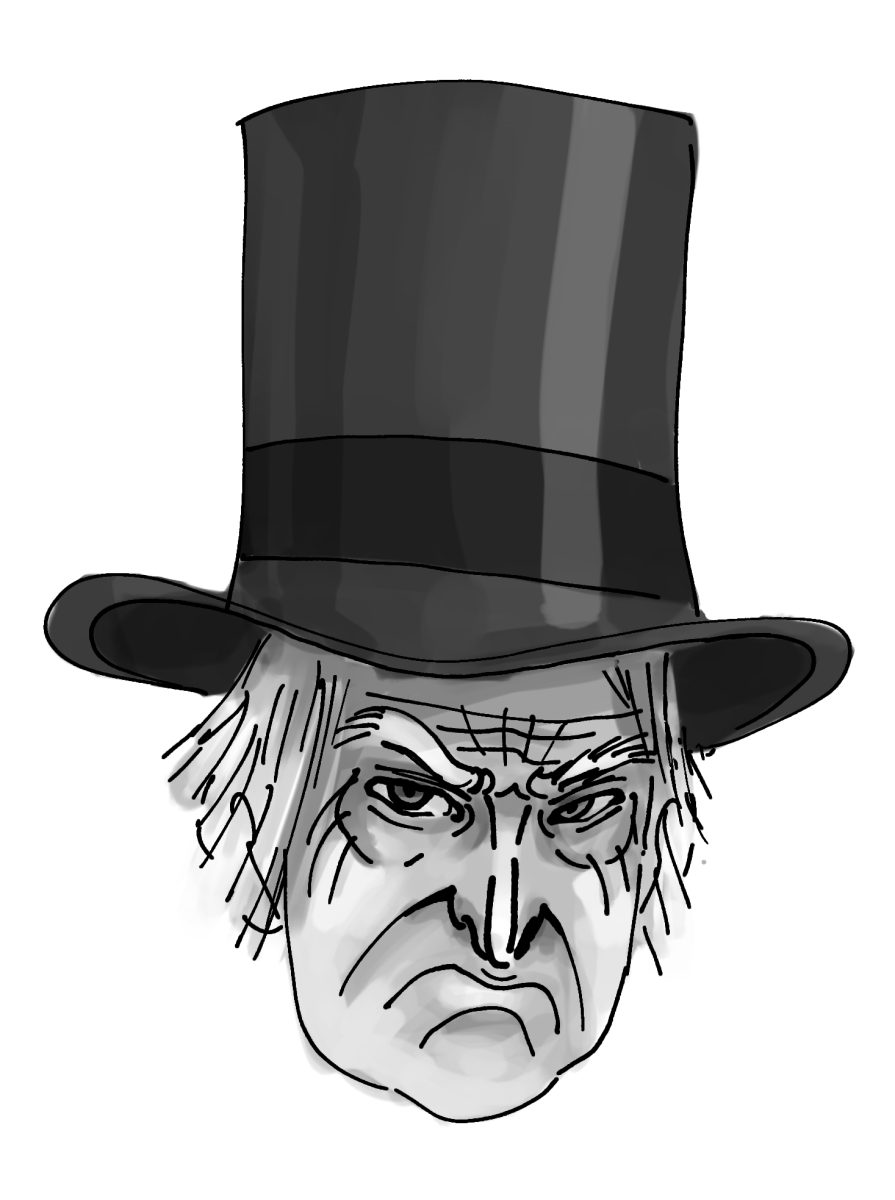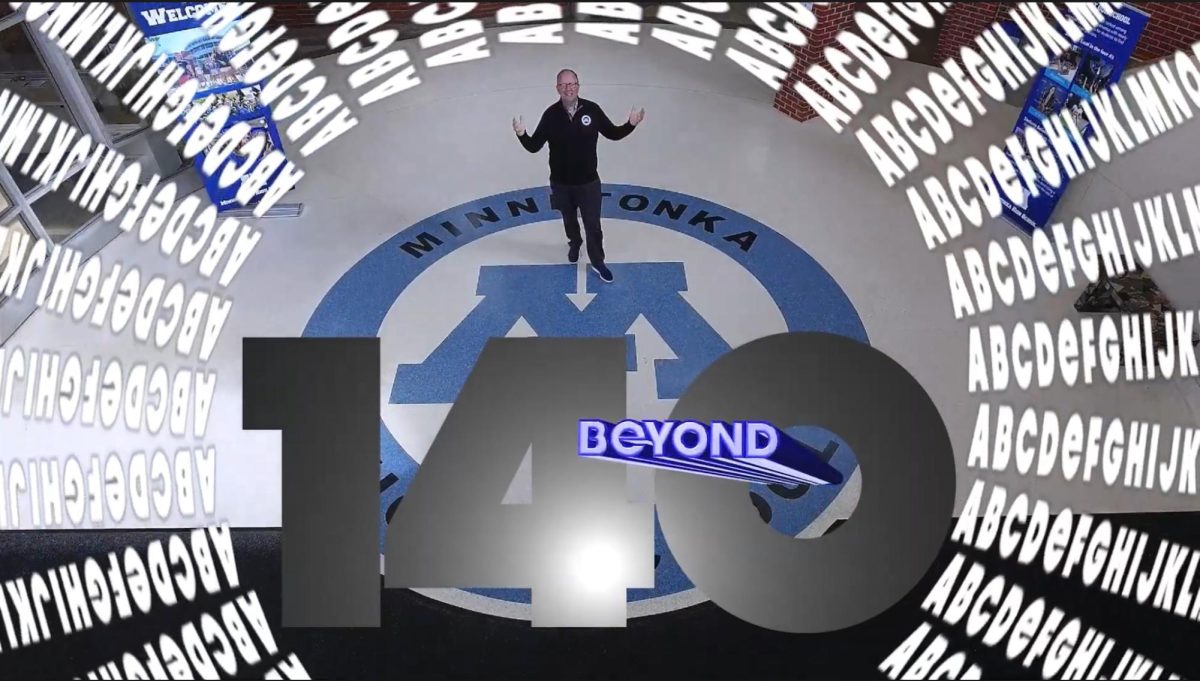We expected polite discourse from our presidential candidates until around eight years ago – what happened? Lawrence Lessing, an American legal professional and professor at Harvard, dryly commented in his book Free Culture, “it’s fine to talk about politics with people you agree with. But it is rude to argue about politics with people you disagree with.”
With friends and like-minded acquaintances, political conversation can be a bonding and affirming experience. It’s human nature to enjoy the company of others who tell you “you’re right.” With dissimilar people, though, political points are like genitalia: you don’t talk about yours in mixed company, but everyone has one. In the presence of different perspectives, heated debate and charged words can corrupt even the most polite discourse.
Filled with interruptions, backhanded compliments and blatant insults, and other violations of social niceties, recent debates have been emotionally charged. It shows on even the biggest stage; during the last debate between Donald Trump and Kamala Harris, Trump spent 30% of his time attacking Harris, and Harris used 46% of her time attacking Trump. It appears that candidates care more about having the last word or being right than being logical and pragmatic in their arguments. What’s more troubling is that the toddler-esque ad hominem and “he-said-she-said” nonsense we saw on September 10th and have seen in presidential debates for the past few years has found its way into the average American’s way of thinking. A study done in 2020 by the American Journal of Political Science found that Americans are more likely to see political landscapes (and make decisions in the voting booth) based on morality and emotions rather than policy and statistics. To add insult to injury, more Amerians than ever are experiencing a Dunning-Kruger effect about their political beliefs: a considerable amount of people believe they know more than they do, and in fact believe they know more than others. This hubristic complex can create a fragile ego that makes people more susceptible to those heated debates and emotionally charged words.
It’s difficult (and complicated): the more you know, the more you know you don’t know. At the same time, nobody likes to think they don’t know anything. So what do we do? We don’t try to know more – and this isn’t an issue of late: Hofstadter discusses how America doesn’t value education in his 1963 book Anti-Intellectualism in American Life, whether or not to teach Darwin’s theory of evolution is still a debate, climate change is still a hypothesis to many even in the face of tangible effects and billions of dollars in damage, and more.
“We do not see things as they are, we see them as we are.” – Anais Nin
Anti-intellectualism may just be the start, though, because maybe we are just getting dumber. It’s been shown in numerous studies that Americans’ cognitive abilities have declined in the past twenty years. Standardized test scores have gotten worse nationwide. Literacy rates have plummeted: kids don’t understand the nuance of words, shading of sentence structure, or have the semantic intuition that more Americans used to have. IQ scores in the U.S. had been on the rise since 1970, but starting around 2006, they have seen a slow but steady decline.
That last statistic was one of the only sentences Justin Abraham, ‘25, had any positive words to give to breath to. Other than that, “this entire article [sucked].” Even this article was not rhetorically rigorous enough for someone who takes pride in logic and being well-informed. Abraham is the head captain of the debate team at the high school, and has been a part of the debate club for four years. He initially got into debate because he was “interested in politics and the situation of the country, and wanted to see what arguments were presentable on both sides.” He says that he reads around 64 articles a week to prepare for debate competition, in addition to the Wall Street Journal every morning to prepare for the day. When asked about the nature of debate in the United States, and how it interacts with the American public, he said that “the quality of debate has considerably declined since 2016, because the American people don’t care about how well someone can speak or if someone smooth talker. In modern politics, they care more about personality and the person.” He also believes that if all Americans were better informed, the country as a whole would benefit. When asked about how to best become informed, he said to “…pick up a book. They are so dense in information that you’ll be good reading most any book, and you’ll for sure get more out of any book than any single article or newspaper.” Abraham has read around 30 books just on economics, political, and military affairs alone. At any given time, he is reading around 5 books, and usually looking to add more. He recommends Basic Economics by Thomas Sol and The Strategy of Denial by Elbridge A. Colby for those who want to become more well-informed and rhetorically versed.
While Abraham and I were talking, there were points I disagreed with, but I never felt like he was trying to be right for the sake of being right. We went back and forth between our perspectives, but the one thing we could agree on was that “we should not be discussing what one person is saying or what another person is hearing, but we should be talking about the discrepancy between those two things.” I got the sense that he wanted to find truth about whatever we were discussing. Honestly, it was a refreshing experience.
But, let’s remember that Abraham is not the average American – on the contrary, he is leaps and bounds ahead of where most people are on their journey towards the capacity for mature debate and discussion. Mature debaters care less about what is being said, but more so about why things are being said. They hear arguments, not attacks. They detach themselves from the conversation, and understand the biases they bring to the discussion. They begin arguments with fact and axioms based in certainty, and then move to extrapolation and opinion, instead of just indulging themselves in the latter.
So, for the average American, is it willful stupidity or actual stupidity that causes poor reasoning skills? Both: they’re the same thing, no? America, at this point in our history, is composed both of people who are stupid, and of people who don’t even want to be smart. Are we cooked?













































